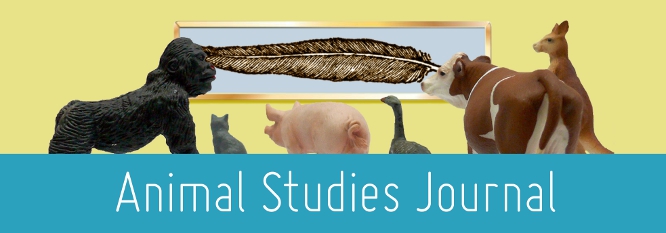Home > assh > ASJ > Vol. 12 (2023) > No. 2

Abstract
Despite their worldwide viewership, popular eco-documentary treatments of biodiversity loss and the ecological grief they evoke have received scarce attention from critics. Addressing this gap in scholarship, this article posits that understanding the grief and mourning affected by these cultural texts requires attention to the numerous contradictions inherent to the form. More concretely, this paper argues that a thorough exploration of the contradictory nature of the eco-documentary, as a media genre that is imbricated in the modernity whose impact on the natural world it critiques, renders the genre into a critical junction at which to interrogate the cultural meanings of the mass extinction of biodiversity. This is done through an analysis of David Attenborough: A Life on Our Planet. This study suggests that popular ecodocumentary representations of biodiversity loss such as this remain entrenched in an anthropocentric instrumentalism characteristic of the modernist paradigm. Acknowledging the unwavering popularity of such films, this study concludes by positing that it is through attentiveness to rather than a wholesale rejection of eco-documentaries like A Life on Our Planet that scholars and viewers alike stand to grasp the extent of the fallacy and the fall of modernity and its worldview.
Recommended Citation
Ventimilla, Alex, It’s About Us: Extinction, Contradiction, and the Mourning of Modernity in David Attenborough: A Life on Our Planet, Animal Studies Journal, 12(2), 2023, 220-246.Available at:https://ro.uow.edu.au/asj/vol12/iss2/11
Included in
English Language and Literature Commons, Other Film and Media Studies Commons, Philosophy Commons, Visual Studies Commons

